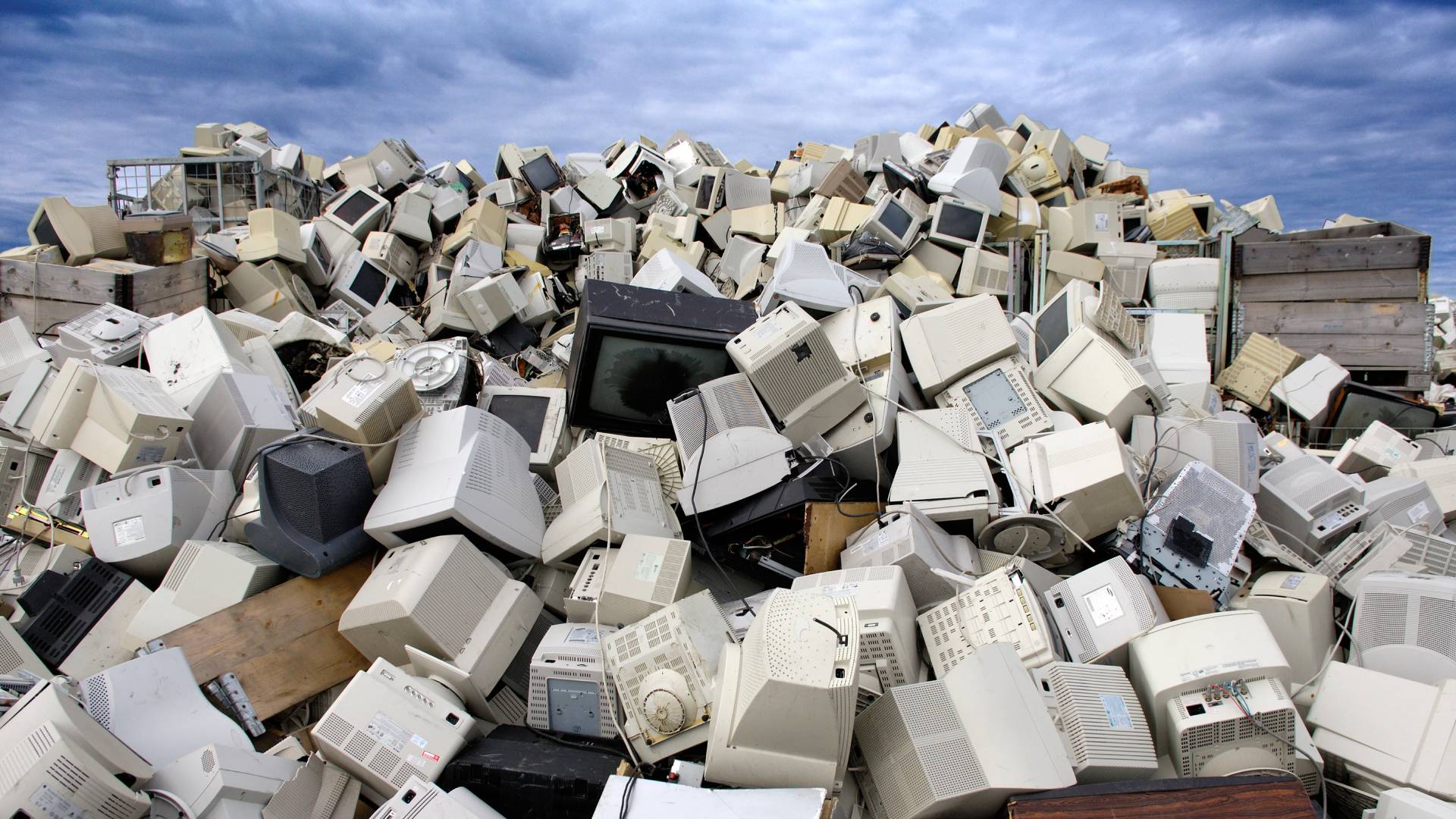
In a significant breakthrough for environmental sustainability, researchers from Flinders University in Australia have developed a pioneering method to recover gold from electronic waste (e-waste). This innovative technique presents a viable alternative to traditional mining, which often involves toxic chemicals like cyanide and mercury, exacerbating environmental pollution.
The researchers shared their findings in an article published in Nature, detailing a low-cost process that capitalizes on a reagent commonly used in water treatment. This method effectively dissolves gold from mixed metal waste and other sources, avoiding the environmental harm typically associated with gold recovery in mining.
Here’s how the process works: the reagent, trichloroisocyanuric acid, is activated using saltwater to dissolve the gold embedded in old circuit boards. Subsequently, the dissolved gold binds to a sulfur-rich polymer. This polymer is pivotal to the process as it can be converted back into a monomer, leaving only gold that can be reused.
This research not only offers a solution for recycling old electronics but also aims at helping smaller mining operations reduce their use of hazardous substances. The collaboration with international experts anticipates scalability for common mining scenarios, targeting a more sustainable future for gold extraction.
